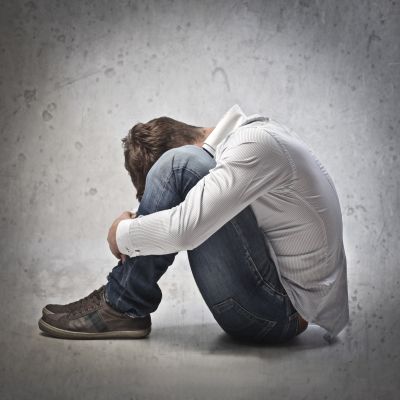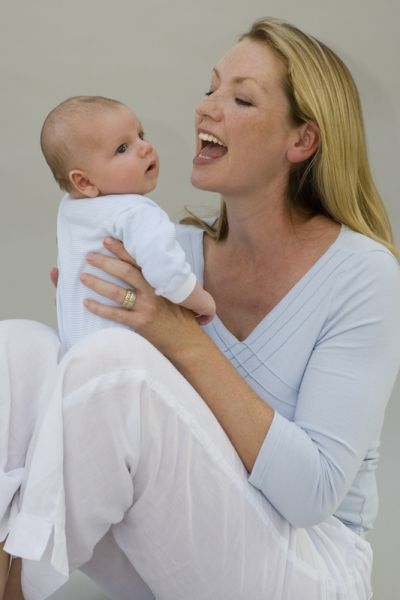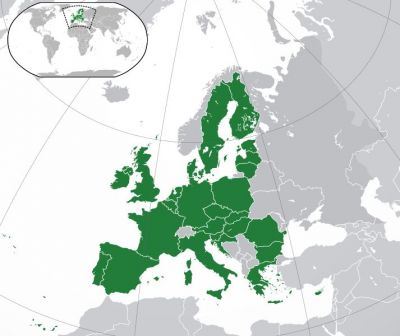
An EU-funded study explored how infants learn and understand the concepts of 'same' and 'different'.

Understanding how people learn language provides a window into the brain. An EU-funded project examined how children and adults learn and understand discourse connectives.

International laws regulating the link between natural resources and armed conflict have been addressed to create awareness of contradictions and reduce inconsistencies.

As Europe continues to confront the consequences of the 2008 financial crisis it becomes ever-more important to fathom not only how Europe can return to productive levels of employment, but why it is failing to do so. Professor Pissarides’s ERC research examines both what kind of jobs Europeans do and future trends in employment.

Did you know that children born after 2011 have a one in three chance of reaching their 100th birthday? Today, we are living longer than ever before. In fact, in the last 20 years, people all over the globe have, on average, gained six years of life expectancy.

The TELL ME project is developing communication strategies that maximise opportunities and minimise risks during infectious disease crises.

Mental disorders are highly prevalent in Europe and are a major burden on individual sufferers and on our society as a whole. According to the World Health Organisation (WHO), mental disorders affect every fourth citizen at least once during their life and can be found in more than 10 % of the EU population during any given year.

New research suggests that visibly trying to understand what babies are attempting to say may help to speed up the language-learning process.

As a concerned citizen, you might feel angry about youth unemployment in your country being too high, your local sports centre closing down or the polar ice caps melting. But what are you going to do about it? For example, do you intend to vote in this month’s European Parliament elections, to make your voice heard and influence key decision makers? When it comes to political engagement, what factors will ultimately determine the course of action you choose to take?

By working in collaboration with partners from around the world, European ICT researchers are addressing global problems in medicine, agriculture, networking and beyond. EU-funded research projects are making a difference to people’s lives in Europe, Africa, Asia and the Americas while at the same time ensuring that Europe stays at the forefront of the global ICT industry.

European countries have different cultures of capitalism and employment. But in the face of challenges like globalisation and the financial crisis, the various models are changing – in different ways. At the National University of Ireland, Maynooth, Professor Seán Ó Riain is using an ERC Starting Grant to understand how European employers and employees are making ‘new deals’ in response to these challenges.

During the 20th century, the experiences of post-communist states in Central and Eastern Europe were very different from those of much of Western Europe. Have these different experiences fostered different attitudes when it comes to public space, and 'public goods' like health care, education or the environment? Dr Natalia Letki of the University of Warsaw in Poland is using an ERC Starting Grant to carry out an ambitious multi-disciplinary study of attitudes and behaviour regarding 'public goods’ across this region – drawing on political science, sociology, economics and even psychology.

Although Europe is one of the strictest regions in the world when it comes to guaranteeing the respect of human rights, the number of people trafficked to or within the EU still amounts to several hundred thousands a year according to the European Commission. The most common forms of such trafficking include sexual and economic exploitation, the removal of organs and forced illegal activities such as petty theft.












